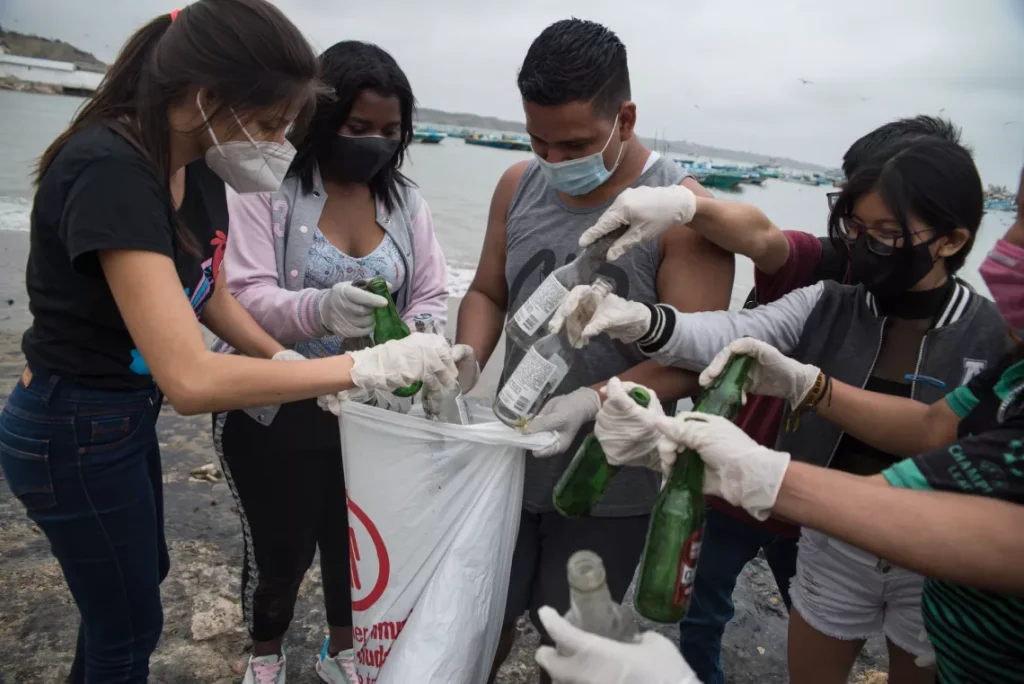United Nations Children’s Fund, UNICEF says environmental degradation, Climate crisis, and biodiversity threaten children’s ability to survive and thrive, and negatively affect access to water, sanitation, and hygiene services.
According to UNICEF, Africa Latin America, and the Caribbean are some of the world regions most affected by climate change causing serious damage to health, life, food, water, energy, and socioeconomic development in the region.

105 million children are exposed to air pollution.
55 million children are exposed to water scarcity;
45 million children are exposed to heat waves;
60 million children are exposed to cyclones.
UNICEF says education plays a big role in climate action. However, what we have learned does not prepare us for the challenges we face as a society. It is imperative, then, to incorporate environmental education in schools.
But why do we need environmental education, here are five things you need to know, according to UNICEF.
Environmental education is more than just information about the environment. Environmental education increases awareness and knowledge about environmental issues; teaches individuals to think critically; and improves problem-solving and decision-making skills.
Access to environmental education for children will help them prepare to face the effects of climate change comprehensively from a responsible citizen’s point of view, defending and being consistent with these values in all areas.
Environmental education bestows students with appropriate skills, knowledge, behaviours, and attitudes to cope with a rapidly changing world and climate and promotes both personal and systemic transformation towards more sustainable lifestyles.
Through education, children can contribute to all aspects of climate change policymaking, mitigation, and adaptation.
Schools are spaces to create and implement environmental solutions that generate more sustainable lifestyles and strengthen resilience to climate change.
The potential of children and youth as agents of change must be seized and strengthened from the school level, placing education at the center of their empowerment to participate in and lead processes, programs, and policy initiatives that address the main challenges related to climate change, including ecosystem restoration and conservation processes, new patterns of production and consumption, as well as adaptation to sustainable lifestyles.
Children are powerful change agents. When access to essential services such as water and sanitation, health, and education is improved, their ability to survive climate hazards can be greatly enhanced.
According to UNICEF, we need environmental education because it’s a pending task.


